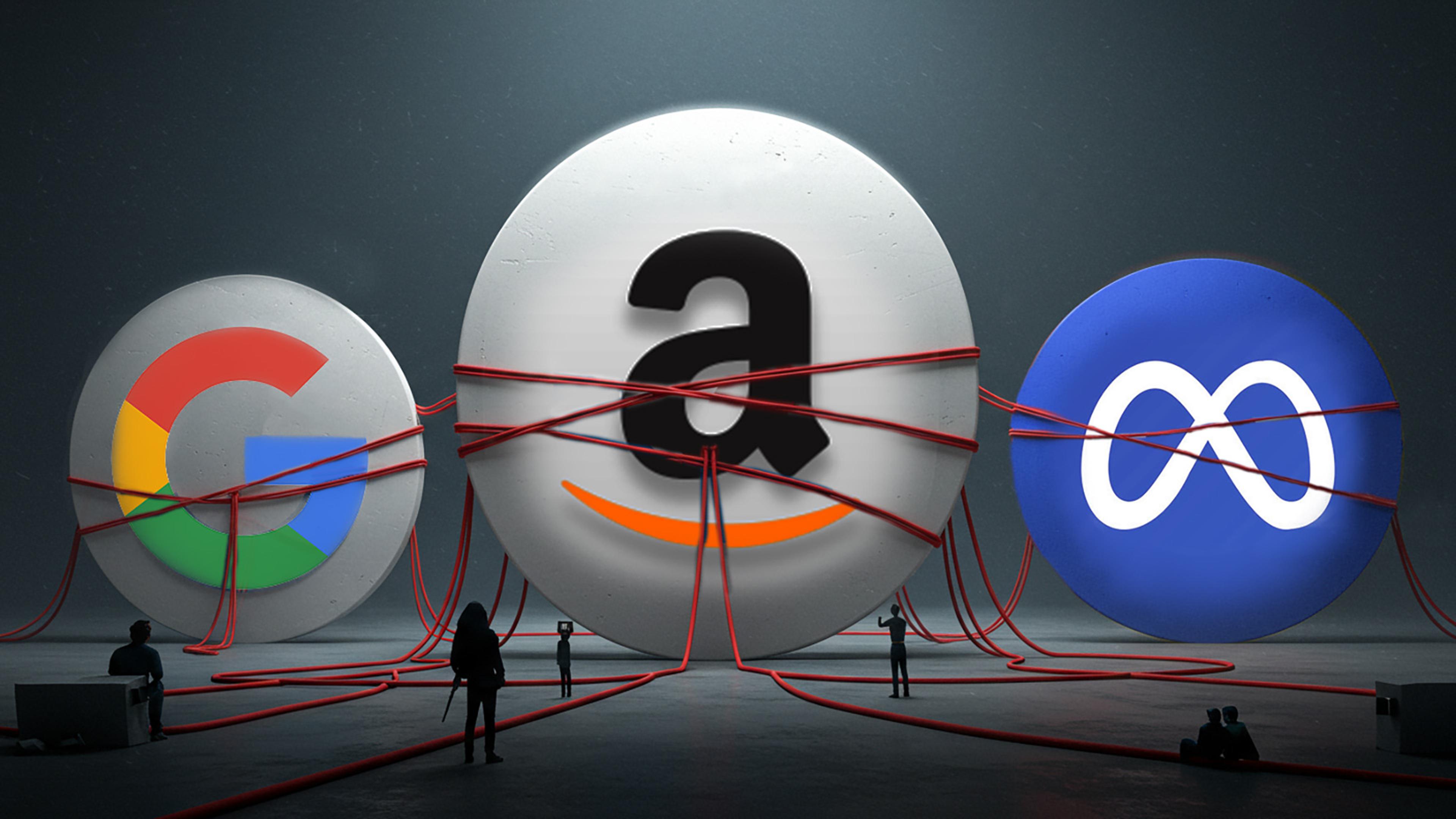The EU’s Content Moderation Regulation
The Framework
The European Union’s Digital Services Act (DSA) creates new rules for online intermediaries to enhance user safety and platform accountability. Fully applicable since early 2024 for all in-scope services, it imposes significant obligations, particularly on “Very Large Online Platforms” (VLOPs) and “Very Large Online Search Engines” (VLOSEs) with over 45 million monthly EU users. These major platforms must implement stringent content moderation systems (including flagging, prompt action against illegal content, and transparent appeals processes), conduct annual assessments of systemic risks (like disinformation or harms to minors), deploy mitigation measures, increase transparency around advertising and recommender systems, undergo independent audits, and grant data access to researchers and authorities. Failure to comply can lead to substantial fines of up to 6 percent of global annual turnover.[1]
Implications for U.S. Technology Companies
Leading U.S. technology companies are disproportionately impacted by the DSA, as they operate the majority of services designated as VLOPs/VLOSEs.[2] They face enormous compliance costs, estimated to average hundreds of millions of dollars per year for a single large firm just for adherence, totaling billions across the major players.[3] Beyond these direct expenses, the regulations expose U.S. companies to significant financial risks from potential fines and litigation, potentially reaching billions per company annually. These requirements create substantial administrative burdens, necessitate major investments in compliance infrastructure, and can constrain product design, potentially slowing innovation and complicating operations within the crucial EU market.[4] The DSA’s content moderation requirements also raise concerns about free expression and extraterritorial impact. Because EU speech standards are stricter than those in the U.S., platforms may adopt those standards globally to streamline compliance. This could unintentionally restrict lawful speech outside the EU, including in the U.S., where legal protections for online expression are broader.[5]
How China Benefits
The heavy regulatory load imposed by the DSA on large U.S. tech platforms objectively weakens their competitive position in the EU market. The sheer number of designated U.S. services means American firms bear the brunt of the collective compliance burden and regulatory scrutiny. This diversion of resources and focus away from innovation and expansion for U.S. leaders creates a relative advantage for Chinese competitors. They may find it easier to gain market share or influence as U.S. firms navigate the complex and costly regulatory environment, effectively lowering competitive barriers for rivals.
Endnotes
[1] European Commission. DSA: Very large online platforms and search engines. Accessed April 15, 2025. https://digital-strategy.ec.europa.eu/en/policies/dsa-vlops.
[2] Clifford Chance. First gatekeepers designated under the EU Digital Markets Act and required to comply with Digital Services Act. September 13, 2023. https://www.cliffordchance.com/insights/resources/blogs/antitrust-fdi-insights/2023/09/first-gatekeepers-designated-under-the-eu-digital-markets-act-and-required-to-comply-with-digital-services-act.html.
[3] Computer & Communications Industry Association (CCIA). EU Digital Regulations are Costing U.S. Tech Firms Billions Annually. March 11, 2025. https://ccianet.org/news/2025/03/eu-digital-regulations-are-costing-u-s-tech-firms-billions-annually/.
[4] U.S. Senate Committee on Commerce, Science, & Transportation. Sen. Cruz Blasts FTC for Colluding With EU to Target American Businesses. August 22, 2023. https://www.commerce.senate.gov/2023/8/sen-cruz-blasts-ftc-for-colluding-with-eu-to-target-american-businesses.
[5] Ash Johnson, Comments Before the European Commission Regarding the Digital Services Act (ITIF, September 26, 2024), https://itif.org/publications/2024/09/26/comments-before-european-commission-regarding-digital-services-act/.
Related
February 6, 2026
Europe’s DSA Puts an Unfair Target on American Tech Companies
March 7, 2025
The EU’s Single-Firm Conduct Regulation
October 20, 2025


